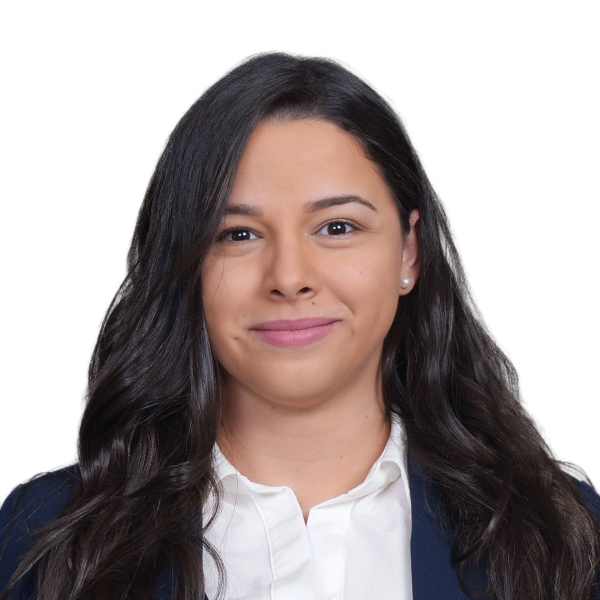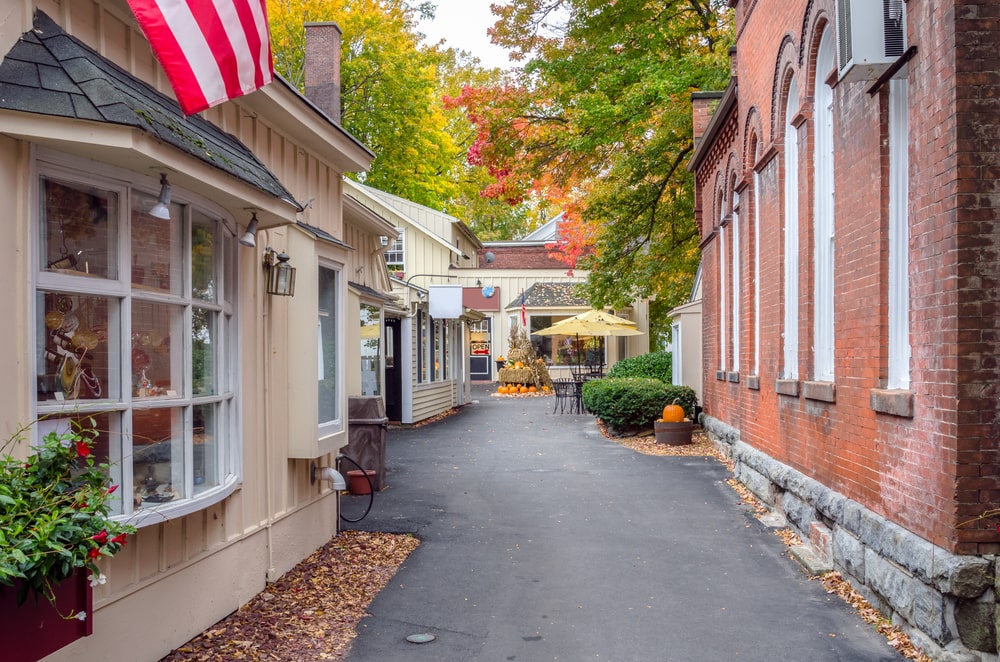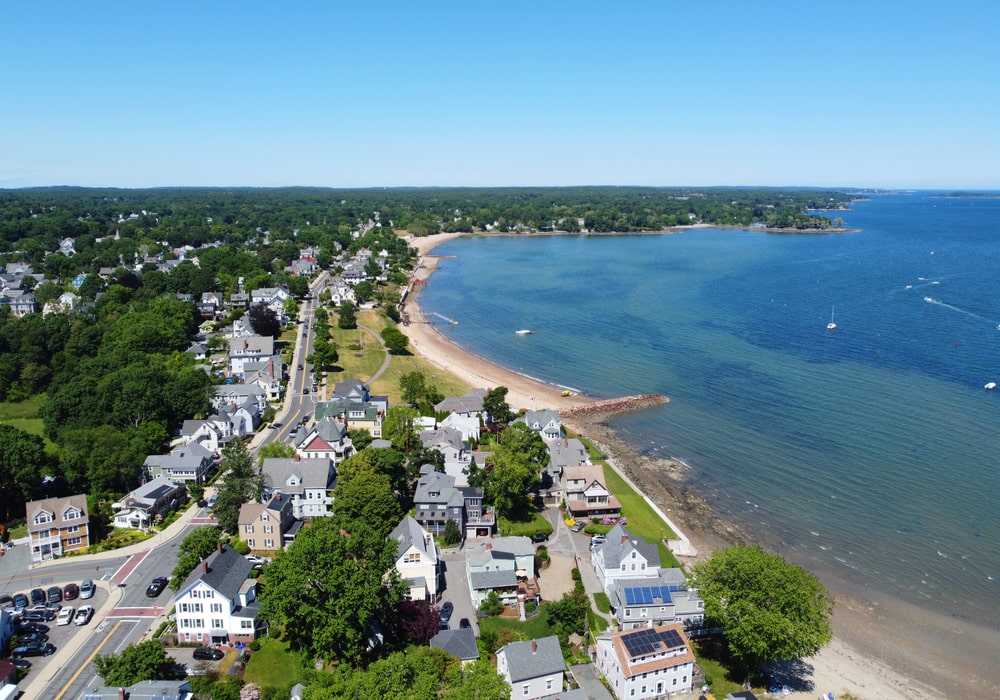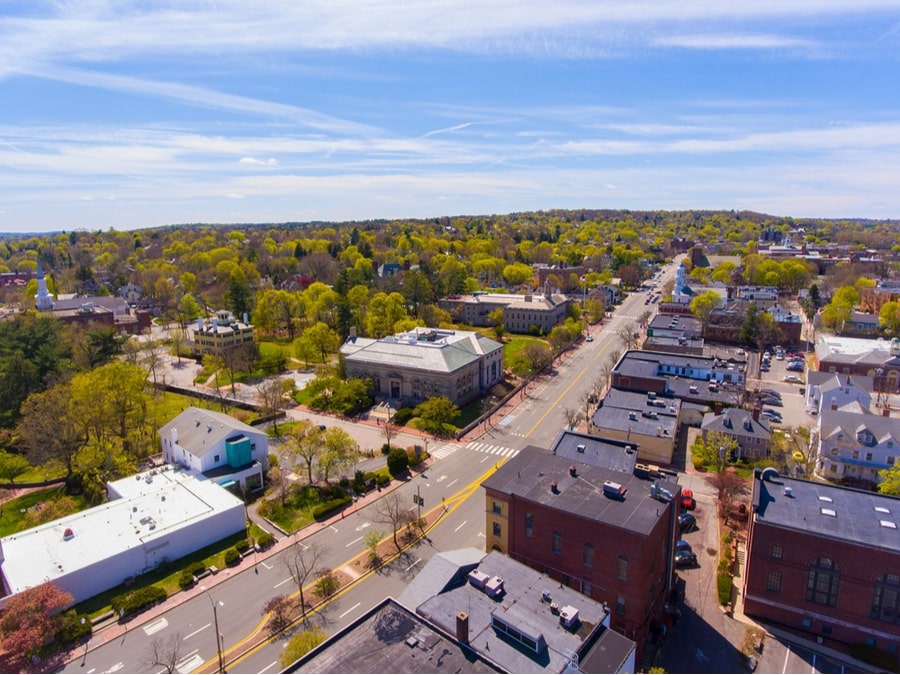Massachusetts is a state located in the northeastern region of the United States; it is renowned for its rich history and robust economy and for being home to well-recognized and high-quality educational institutions like Harvard.
Despite its strengths and cultural richness, the state is not exempt from the significant challenges related to substance abuse that are hitting nationwide, particularly those concerning opioids and alcohol.
In this article, we explore the current landscape of substance abuse in Massachusetts, highlighting key statistics, available treatment options, and some of the best rehab centers in the area.
Table Of Contents:
Drug and Alcohol Abuse in Massachusetts
Substance abuse in Massachusetts, such as in the rest of the country, is a critical public health issue, and this state is part of those battling with the opioid crisis that has severely impacted the communities across the state.
According to data from the 2020 National Survey of Substance Abuse Treatment Services (N-SSATS), Massachusetts recorded 2,320 opioid-related deaths in 2020, making it one of the states most affected by the opioid epidemic. The prevalence of fentanyl, a powerful synthetic opioid, has been a significant contributor to this crisis.
Another report from 2023 from the Massachusetts government confirms a decrease in opioid-related overdose deaths, going down to 1,971; among these deaths, fentanyl was present in 90%, cocaine in 54%, alcohol in 26%, benzodiazepines in 25%, amphetamines in 11%, prescription opioids in 7%, heroin in 5%, and xylazine in 9%.
In addition to opioids, alcohol abuse remains a persistent problem in the state. Massachusetts reported 1,800 alcohol-related deaths in 2020, reflecting the ongoing challenge of excessive alcohol consumption, particularly in urban areas like Boston.
When talking about other substances, cocaine, and methamphetamines also pose significant risks to the population in this state. Cocaine use has particularly been notably high in young adults aged 18-25 from non-Hispanic or Hispanic populations, who have trended to have disproportionately increased overdose death rates.
Rehab Treatment Centers in Massachusetts
Massachusetts is home to almost 7 million people, with around 275,000 individuals suffering from substance abuse disorder. Following this, a lot of rehab centers have been built to take care of the population struggling with substance abuse and co-occurring mental health disorders. These facilities provide various treatment options, including inpatient and outpatient programs, medical detox, and specialized care for different populations.
Inpatient Rehab in Massachusetts
As of 2020, Massachusetts had approximately 250 inpatient rehab facilities. These centers are at the heart of the structured and supportive environment needed by individuals in which the addiction must be treated with intensive care, constant monitoring, and direct medical attention. The average length of stay in these inpatient facilities typically ranges from 30 to 90 days, depending on the individual’s treatment needs.
Outpatient Rehab in Massachusetts
Outpatient rehab keeps the idea of a flexible treatment option available to individuals who need ongoing support while maintaining their daily responsibilities.
Massachusetts has over 500 outpatient facilities that offer various levels of care, from regular outpatient treatment to intensive outpatient programs (IOP) and partial hospitalization programs (PHP).
Alcohol Rehab in Massachusetts
Due to high levels of alcohol consumption in the state, alcohol rehab is a fundamental part of the treatment landscape in Massachusetts.
In 2020, there were approximately 400 facilities dedicated to treating alcohol use disorder (AUD). These centers offer essential services, including detoxification, counseling, and long-term recovery strategies tailored to the complexities of alcohol addiction.
Mental Health and Co-occurring Disorders
In 2020, about 60% of treatment facilities in the state were equipped to provide dual diagnosis treatment, ensuring that individuals receive integrated care for both mental health and substance abuse issues. This approach is vital for achieving long-term recovery, as untreated mental health conditions can significantly hinder the recovery process.
| Facility/Treatment Type | Number of Facilities |
|---|---|
| Inpatient Rehab Centers | ~250 |
| Outpatient Rehab Centers | ~500 |
| Alcohol Rehab Centers | ~400 |
| Facilities for Co-occurring Disorders | 60% of all facilities |
Costs of Rehab in Massachusetts
The cost of rehab in Massachusetts varies depending on the type of treatment and the level of care provided. Below is an estimate of the typical costs:
| Treatment Type | Cost Range |
|---|---|
| Outpatient Rehab | $1,400 to $10,000 (30-day program) |
| Inpatient Rehab | $5,000 to $20,000 (30-day program) |
| Inpatient Rehab (60-90 days) | $12,000 to $60,000 |
| Detoxification | $1,750 to $5,600 (7-day program) |
| Medication-Assisted Treatment (MAT) | $500 to $1,200 per month |
| Luxury Rehab | $30,000 to $120,000 or more |
Insurance and Payment Options
Rehab can be expensive, but Massachusetts has implemented several measures to make treatment more accessible. Many facilities in the state accept various forms of insurance, including private health insurance, Medicaid, and Medicare. In 2020, over 600 facilities accepted Medicaid, and approximately 350 accepted Medicare. Additionally, many centers offer sliding fee scales or provide services at no cost for those who qualify based on financial need.
Here are some examples of common insurances that cover rehab services in Massachusetts:
| Insurance Provider | Coverage for Rehab Services |
|---|---|
| MassHealth | MassHealth provides Medicaid coverage to inpatient, outpatient, and MAT services |
| Blue Cross Blue Shield of Massachusetts | Offers coverage for substance use disorder treatment |
| Harvard Pilgrim Health Care | Provides coverage for inpatient and outpatient care |
| Tufts Health Plan | Covers various addiction treatment services |
| Fallon Health | Includes coverage for substance use treatment options |
| Aetna | Covers inpatient and outpatient rehab services |
| Cigna | Offers coverage for detox, inpatient, and outpatient care |
| UnitedHealthcare | Provides coverage for various substance abuse treatments |
| Medicare | Covers inpatient rehab, outpatient therapy, and MAT under Part A and Part B |
Best Rehab Centers in Massachusetts
Here is a list of some of the top-rated rehab centers in Massachusetts:
-
{{ hub.label }}
{{ hub.title }}
- {{ mainTag }}
{{ hub.address }}
No results for these selections.
-
Treatment Center
SSTAR – Fall River, Massachusetts
386 Stanley Street, Fall River, MA
-
Treatment Center
Gunderson Residence – Lee, Massachusetts
5 Spruce Avenue, Lee, MA
-
Mental Health Facility
Austen Riggs Stockbridge MA: Rehab with Over 100 Years History
25 Main St, Stockbridge, MA
-
Treatment Center
Gavin House, Boston, Massachusetts
675 E 4th St, Boston, MA
These centers are known for providing excellent comprehensive treatment programs, experienced staff, and commitment to helping individuals achieve long-term recovery.
Drug Rehab in Massachusetts – Bottom Line
Massachusetts offers a broad range of treatment options for individuals struggling with substance abuse, from inpatient and outpatient programs to specialized care for co-occurring disorders. While the state continues to face significant challenges related to substance abuse, the availability of high-quality treatment facilities provides hope for those seeking to overcome addiction.
Frequently Asked Questions
Are there state-funded or low-cost rehab options in Massachusetts?
Yes, Massachusetts has state-funded rehab centers and low-cost options for individuals who may not have insurance or the financial means to pay for private treatment. These can be accessed through the Massachusetts Substance Use Helpline or local community health centers.
What is MassHealth?
MassHealth is Massachusetts’ Medicaid program that provides health care coverage to low- and medium-income residents, including families, children, seniors, and people with disabilities. Funded by both state and federal governments, it offers a wide range of services such as primary care, hospital visits, prescription drugs, mental health services, and substance abuse treatment.
MassHealth is designed to ensure that eligible individuals have access to necessary medical care, often at low or no cost, depending on their income and household size.
Does MassHealth have any special programs?
MassHealth offers several special programs to meet the unique needs of specific populations, including CommonHealth for people with disabilities who don’t qualify for standard coverage, the Children’s Medical Security Plan (CMSP) for uninsured children, and the Health Safety Net (HSN) for low-income residents who are uninsured or underinsured.
Additionally, the Program for All-Inclusive Care for the Elderly (PACE) supports seniors who need nursing home-level care but prefer to stay in their communities, and Home- and Community-Based Services (HCBS) Waivers provide in-home care options for those with disabilities or chronic conditions.
Are there rehab centers that focus on specific substances, like opioids or alcohol?
Yes, some rehab centers in Massachusetts specialize in treating specific types of substance use disorders, such as opioid addiction or alcohol dependence.
Does Massachusetts help the family of someone who is going to rehab?
Yes, Massachusetts provides support for the families of individuals going to rehab. Many rehab centers in the state offer family therapy and counseling services, recognizing that addiction affects not just the individual but also their loved ones.
Family programs are designed to educate family members about addiction, improve communication, and help them understand how to support their loved one’s recovery. Some programs offer family support groups to connect with others going through similar experiences.
Find Drug Rehabilitation Centers Near You Anywhere In the US
Addiction Resource team has compiled an extensive list of the top drug rehabilitation facilities around the country. Click on the state you are interested in, and you'll get a list of the best centers in the area, along with their levels of care, working hours, and contact information. Haven't found the rehab you need? Call the toll-free helpline below for professional assistance.

- Alabama
- Alaska
- Arizona
- Arkansas
- California
- Colorado
- Connecticut
- Delaware
- Florida
- Georgia
- Hawaii
- Idaho
- Illinois
- Indiana
- Iowa
- Kansas
- Kentucky
- Louisiana
- Maine
- Maryland
- Massachusetts
- Michigan
- Minnesota
- Mississippi
- Missouri
- Montana
- Nebraska
- Nevada
- New Hampshire
- New Jersey
- New Mexico
- New York
- North Carolina
- North Dakota
- Ohio
- Oklahoma
- Oregon
- Pennsylvania
- Rhode Island
- South Carolina
- South Dakota
- Tennessee
- Texas
- Utah
- Vermont
- Virginia
- Washington
- West Virginia
- Wisconsin
- Wyoming
Page Sources
- Mass.gov: Welcome to Massachusetts
- Mass.gov: Substance Addiction Data and Reports
- National Survey of Substance Abuse Treatment Services. (2021, July 14). https://www.samhsa.gov/data/data-we-collect/n-ssats-national-survey-substance-abuse-treatment-servicesv
- Mass.gov: Data Brief: Opioid‐Related Overdose Deaths among Massachusetts Residents
- SAMHSA: Key Substance Use and Mental Health Indicators in the United States: Results from the 2019 National Survey on Drug Use and Health
- Alcohol Abuse Statistics [2023]: National + State Data - NCDAS. (2024, May 2). NCDAS. https://drugabusestatistics.org/alcohol-abuse-statistics/
- National Library of Medicine: Services Available at United States Addiction Treatment Facilities That Offer Medications versus Behavioral Treatment Only: A Cross-Sectional, Observational Analysis
- NCDAS: Average Cost of Drug Rehab

 Authored by
Authored by  Reviewed by
Reviewed by 







